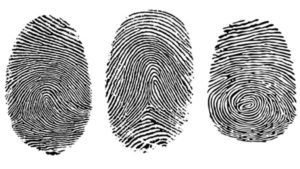Unlocking your phone or computer with your fingerprint sounds foolproof, doesn’t it? According to science, each person’s fingerprint is unique. So, you safely swipe your finger over the unlock button and voila! While the concept does sound foolproof, reality begs to differ.
Over the past few years, technology companies have been adding ‘biometric’ features to their products. Products that can use your fingerprints, facial features and retina scans to function have become commonplace. These digital signatures, as they are known, are used for tasks ranging from unlocking your phone to online payments.
As much as you trust the technology, biometrics is not 100 percent secure. Your data is still stored in some place, which is accessed by someone other than you. If you are looking for a much better solution to protect your virtual identity, use a VPN.
VPN or Virtual Private Network
VPN (Virtual Private Network) is a private network that allows users to communicate over a public network while protecting their personal data and identity. Using a VPN, you can block unwanted parties from tracking your online activities. This is especially handy when you are connecting from a public network such as an airport or a restaurant.
Biometrics can be easily reproduced if you have the right tools. The systems which use these security features can also be compromised by using simulated images and patterns of your identity. Plus, there is no need for a hacker to steal your prints from the cloud. All they have to do is pick up any object that has your fingerprints on it such as a drinking glass or a pen. Passwords, if stolen, can be changed to something else, your fingerprints and facial features cannot.
A VPN, on the other hand, masks your identity completely. Your internet activity is protected by redirecting your IP address from unwelcome entities. VPNs use a number of protocols and encryption techniques to give you maximum protection against cyber attackers. Your location, identity, browsing data, internet history, login passwords, and other important information are not available to even your internet service provider. Now, a VPN does not give you anonymity from the VPN provider. They still know who you are.
Technological advancements, though great, have caused a serious threat to privacy. Biometrics does little to protect this right of yours, whereas a VPN ensures it. The VPN ensures your privacy by keeping your activities hidden from surveillance and hacking.







